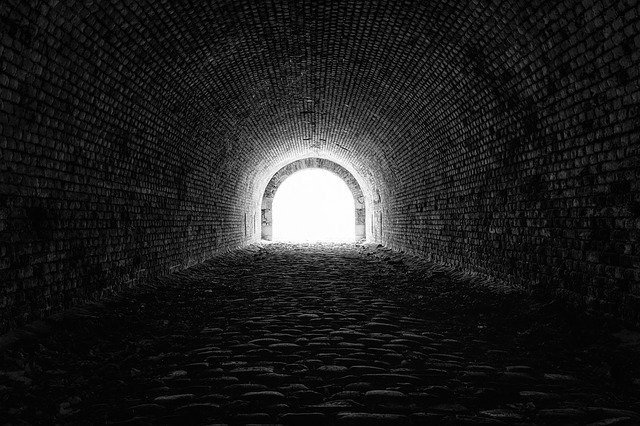What are you doing to cultivate realistic hope?
In times of uncertainty, we often turn to the news media, leaders, and experts for answers. Conflicting reports weaken our trust, creating more uncertainty. As more bad news continues to stream in, we turn away.
To distract ourselves from intrusive ruminations, nagging guilt, loss, and trauma, we seek relief. Many of us use distraction techniques: we focus our attention for two minutes on a pleasant memory, image, or even a focus on our breath.
However, some of our distraction behaviors do more harm than good. I call them binging-behaviors: often impulsive (and sometimes compulsive) that we develop to numb us from our thoughts and feelings. Such behaviors include activities like binge-watching series, compulsive-eating/drinking, or worse. These behaviors further separate us from others, and any real sense of hope.
Instead, we need to ease our emotional pain and prevent the problem from becoming worse. We need to cultivate realistic hope.
What is Realistic Hope?
Realistic hope is not based on the perspective that everything was, is, or will be fine. To the contrary, hope is about a breadth of perspective with real, specific possibilities that call us to action.
I like how Rebecca Solnit describes it in Hope in the Dark: Untold Histories, Wild Possibilities (Haymarket Books, 2020): “Hope is not a sunny, everything-is-getting-better narrative, though it may be a counter to the everything-is-getting-worse narrative. You could call it an account of complexities and uncertainties, with openings.”
False Hope
False hope, or unrealistic optimism, is not based on critical thinking. To be sure, there are benefits of being optimistic, but optimism without any real basis or plan to support it is a hollow promise; it is not the same as realistic hope. False hope is not clearly linked to realistic planning for the future.
“Hope is the sum of the mental willpower and waypower that you have for your goals.” ~ C.R. Snyder, The Psychology of Hope: You Can Get There from Here (FreePress 2010)
Hopeful People
Hopeful people understand that what they do matters, even if they do not know how it will matter, or for whom. In times of uncertainty, they embrace the unknown and the space it creates to shape the outcome, individually and collectively. Hopeful people recognize uncertainty, think of new pathways around obstacles, and take action.
What do you think? What are you doing to cultivate realistic hope? I’d love to hear from you. I can be reached here, on LinkedIn, or give me a call: 561-582-6060.

Did You Enjoy This Article?
Join thousands of other smart business owners like yourself & get our Proffittable Times newsletter.
It's filled with actionable content you can apply immediately.
Sign up now to get started!
– Coach Nancy










